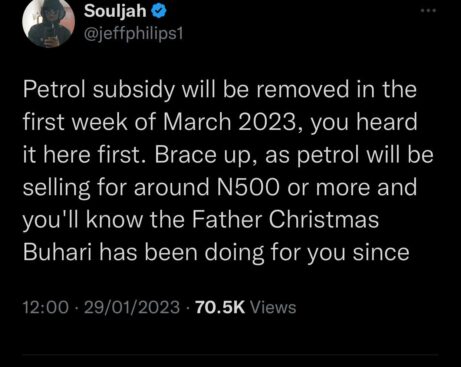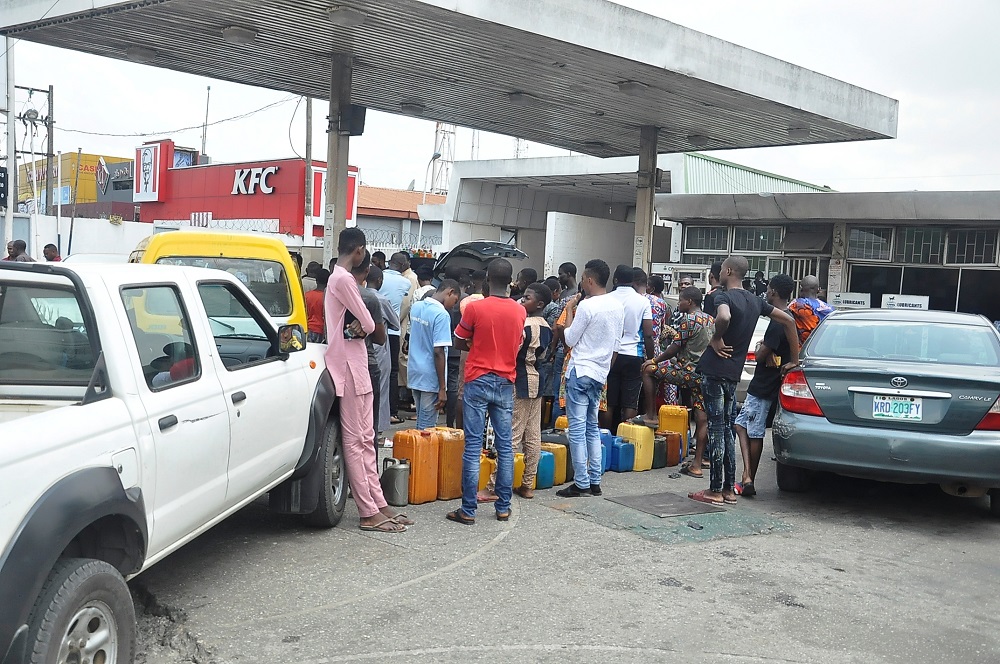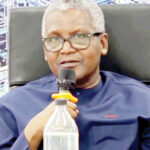By Aishah Saleeman
A twitter user, ‘jeffphilips1, tweeted on January 29, 2023 that petrol subsidy would be removed in the first week of March.
The viral tweet has got series of engagements since it was posted, garnering over 70,000 views.
The tweep claimed that petrol subsidy would be removed and the product would sell for N500 per litre.
The tweet reads: “Petrol subsidy will be removed in the first week of March, 2023, you heard it here first. Brace up, as petrol will be selling around N500 or more and you’ll know the Father Christmas Buhari has been doing for you since.”
FACT CHECK: Was there no fuel scarcity in last 7yrs as APC youth leader claimed?
FACT CHECK: Did Sultan of Sokoto endorse Peter Obi ?
Verdict: False
Verification
Nigerians have been struggling with petrol scarcity since late last year, with several filling stations selling as much as N300 which is above the pump price of N185.
However, checks by Daily Trust showed that the claim by the tweep is false. According to the Minister of Finance, Budget and National Planning, Mrs Zainab Ahmed, the Federal Government may begin a cautious removal of petrol subsidy from April, 2023. She mentioned this during an interview with Arise TV.

“What will be safer is for the current administration to, maybe at the beginning of the second quarter, start removing the fuel subsidy, because it’s more expedient if you remove it gradually than to wait and move it all in one big swoop,” she said.
The minister added that the petrol subsidy era should be halted as the government had to borrow to buy the petroleum products.
Also speaking during the interview, she stated that the president would not consider a solution that would burden its citizens.
Conclusion
There’s no evidence that petrol subsidy will be removed on the first week of March and that fuel will be sold at N500 from next month as stated by the tweep. Rather the minister of finance, budget and national planning stated that there would be gradual removal of petrol subsidy from April, 2023.
This Fact Check is produced in partnership with the Centre for Democracy and Development

 Join Daily Trust WhatsApp Community For Quick Access To News and Happenings Around You.
Join Daily Trust WhatsApp Community For Quick Access To News and Happenings Around You.


